As a Chinese beginner, at some point you might reach a plateau in your learning. Don't worry, every Chinese learner has experienced that. Knowing...
Chinese Grammar
Latest Posts
The Future Tense
The knowledge of tense is very important when it comes to learning a foreign language. To a certain extent, the Chinese grammar is considered to be...
7 Basic Chinese Adverbs
Chinese is a rich language, and it has a lot of adverbs that you can use to add a different degree of emotion to adjectives. Add these 7 most popular Chinese adverbs to your toolkit! 1. “Very” | 很 (hěn) 很 (hěn) means “very”, and it is the most common adverb that is often not […]
More Posts

The 3 Chinese ‘De’: 的, 地, 得

Ways to Say “Can See” in Chinese: 能看见 vs. 看得见
If you are a beginner or intermediate Chinese learner trying to learn Chinese grammar, you might get confused with words and structures that seem to have the same meaning. How do you tell the difference? And how do you choose which one is correct? Don’t worry! We are here to help. In this article, we […]

Difference between 最后 (zuìhòu) and 终于 (zhōngyú)
Do you know the difference between 最后 (zuìhòu) and 终于 (zhōngyú)? Both words mean “finally/in the end”, but they’re used differently. Let’s master them! Difference between 最后 (zuìhòu) and 终于 (zhōngyú) Use ”最后 zuìhòu” when you describe a sequence of events, to indicate that one event was THE LAST to happen: 🔷下课以后我先去吃午饭,然后去买水果,最后去咖啡厅做作业。 🔷Xiàkè yǐhòu […]

“Or”: Difference Between 或者 (huòzhě) and 还是 (háishi)
Do you know the difference between “或者” (huòzhě) and “还是” (háishi)? In Brief Read these examples first: 你想喝茶还是喝咖啡? Nǐ xiǎng hē chá háishi hē kāfēi? Do you want to drink tea or coffee? 我想喝茶或者咖啡。 Wǒ xiǎng hē chá huòzhě kāfēi. I want to drink tea or coffee. In More Detail Well, as we can […]

Difference between 的时候 (de shíhou) and 以后 (yǐhòu)
In the beginning, many Chinese learners struggle to see the difference between two phrases: 的时候 (de shíhou) and 以后 (yǐhòu). In Brief Let’s have a look at how the meaning of one sentence changes depending on which word we use in it. 🔹昨天我写作业的时候,她在洗衣服。 Yesterday, while I was doing homework, she was washing the clothes.⠀ 🔹 […]

Difference between 想 and 要 | 2 Chinese Verbs “To Want”
想 (xiǎng) and 要 (yào) This post continues exploring the differences between Chinese modal verbs. Our learners have also noticed that modal verbs 想 (xiǎng) and 要 (yào) share the same meaning – they all can be translated as “to want”. However, they are actually slightly different from each other depending on the context. Take […]

Difference between 会, 能 and 可以 | 3 Chinese Verbs Meaning ‘Can’
会 (huì), 能 (néng) and 可以 (kěyǐ) Some Chinese learners have noticed that modal verbs 会 (huì), 能 (néng) and 可以 (kěyǐ) share the same meaning – they all can be translated as “can”. However, they are actually slightly different from each other depending on the context, which may sometimes lead to misunderstanding if you […]
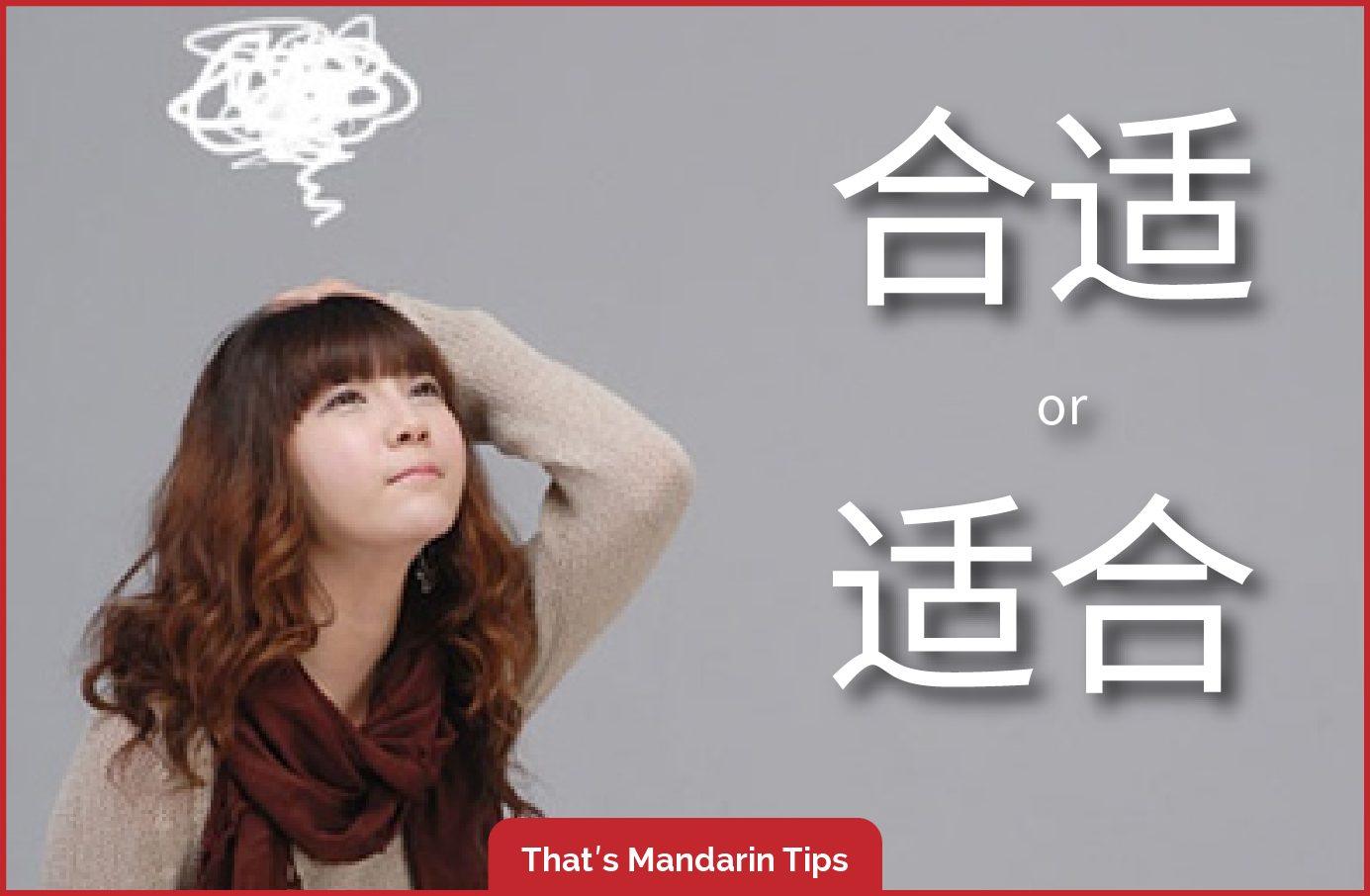
Héshì (合适) vs. Shìhé (适合)
“hé shì(合适)” and “shì hé(适合)” sometimes also cause trouble to Chinese learners as both words consist of exactly the same characters, the only difference is the word order. In addition, their meanings are very similar, what you need to remember is that “hé shì(合适)” is an adjective, meaning “suitable”, whereas “shì hé(适合)” is a verb, which […]
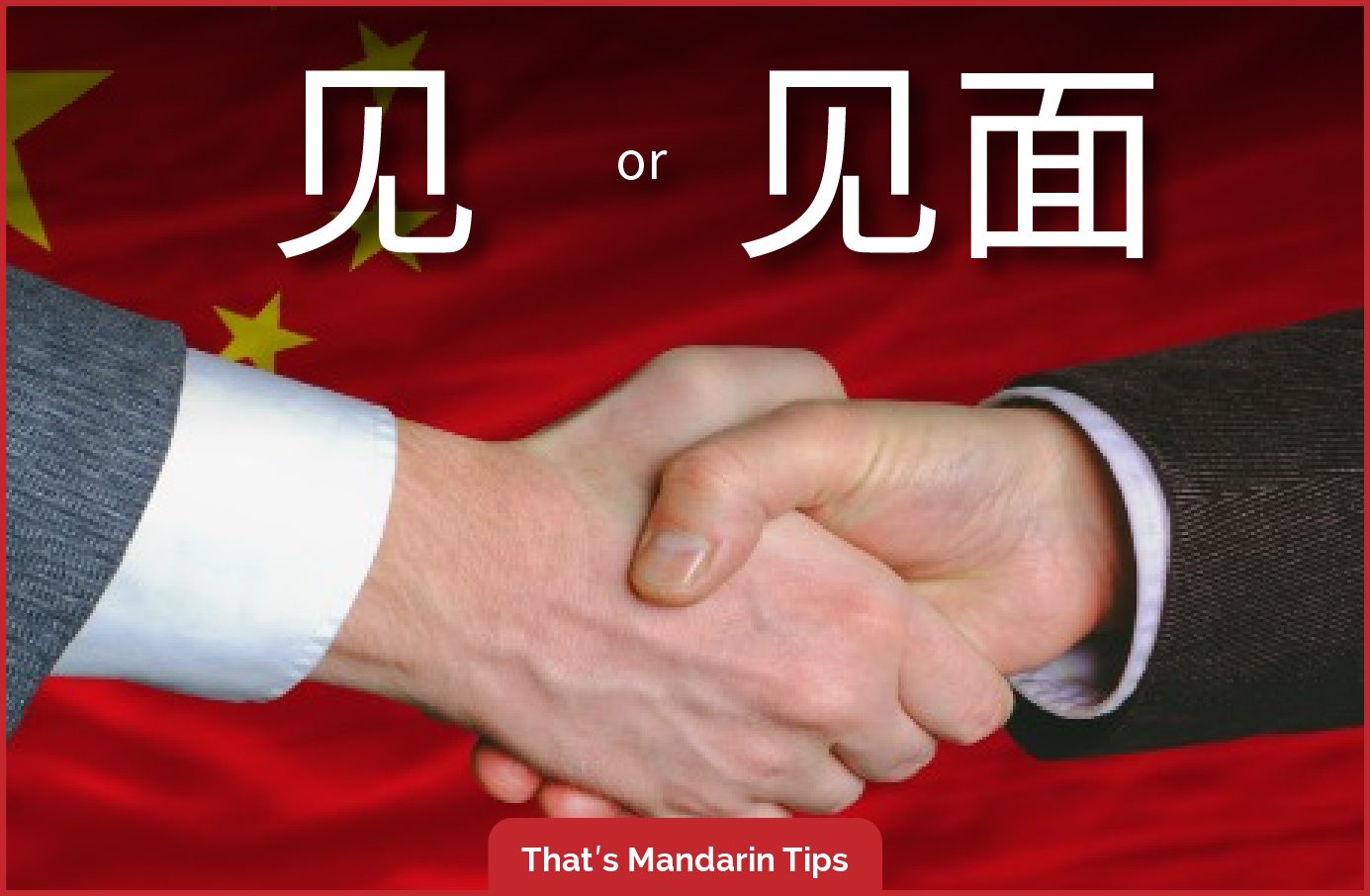
To meet, jiàn (见) vs. jiàn miàn (见面)
“jiàn (见)” and “jiàn miàn (见面)” both mean “to meet, to see”. However, in order to express “A meets B”, the structures used are A + jiàn (见) + B and A + hé(和) + B + jiàn miàn (见面) respectively. Let’s have a look at some examples: English I want to see you. Chinese […]
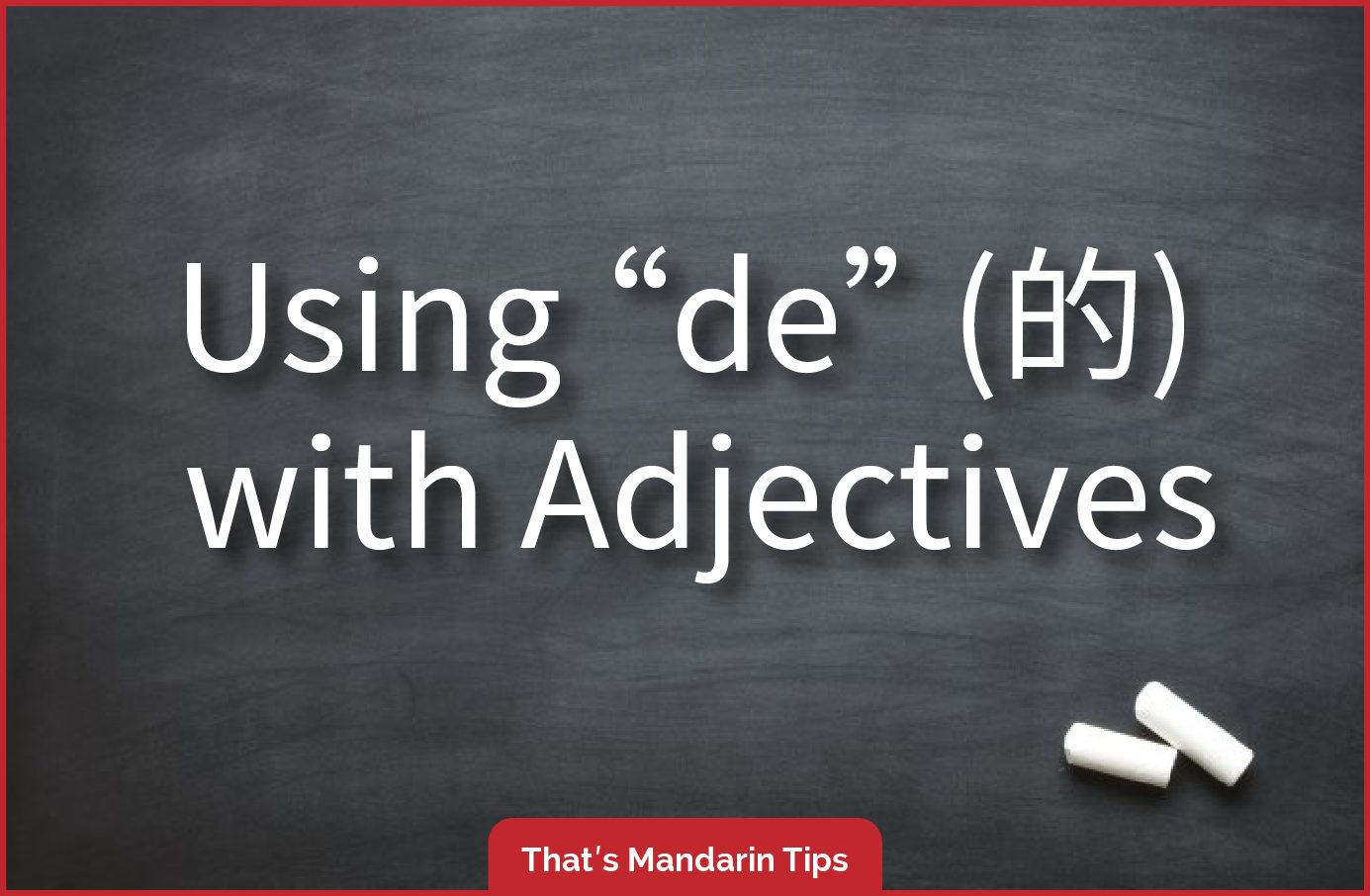
Using 的 (de) with Adjectives
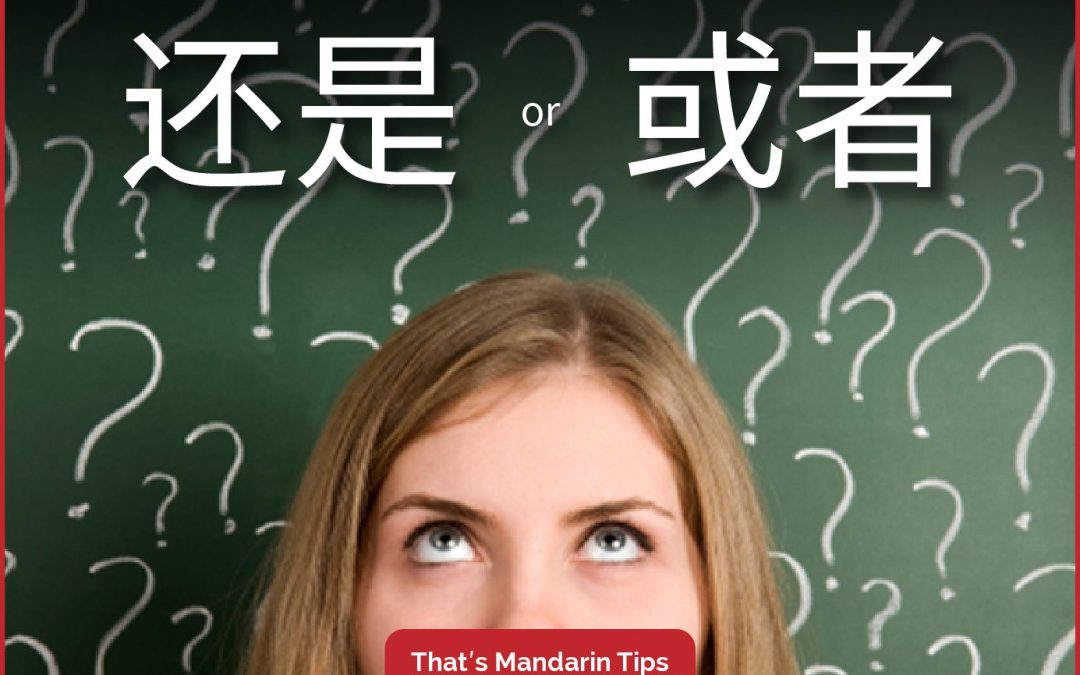
Háishì (还是) vs. Huòzhě (或者)
Some Chinese learners also mix up “hái shì(还是)” with “huò zhě(或者)” as they...
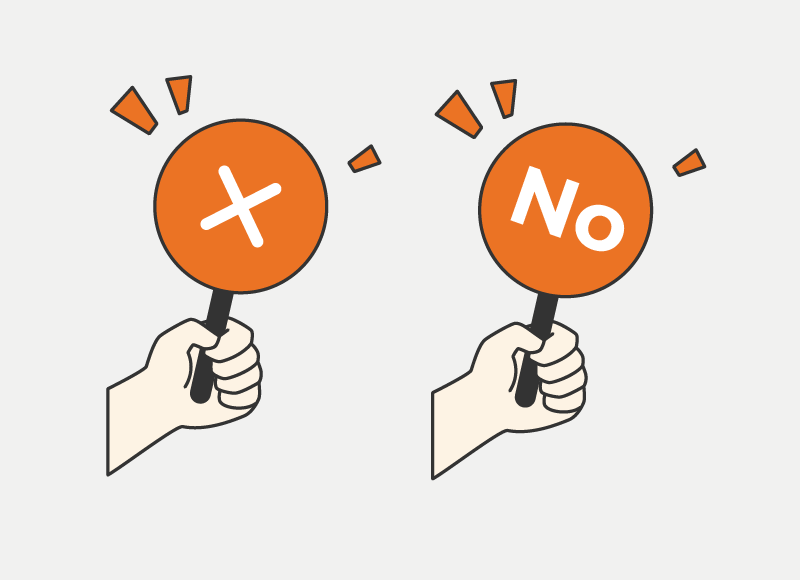
Chinese Negatives 不 (bù) and 没 (méi)
In Chinese, both 不 (bù) and 没 (méi) can be used to negate a verb. However, when it comes to the verb “to have“, which is 有 (yǒu), you can only say 没有 (méi yǒu) to express the negatives “not to have“. NEVER EVER say 不有 (bù yǒu), because there is no such word. Here […]
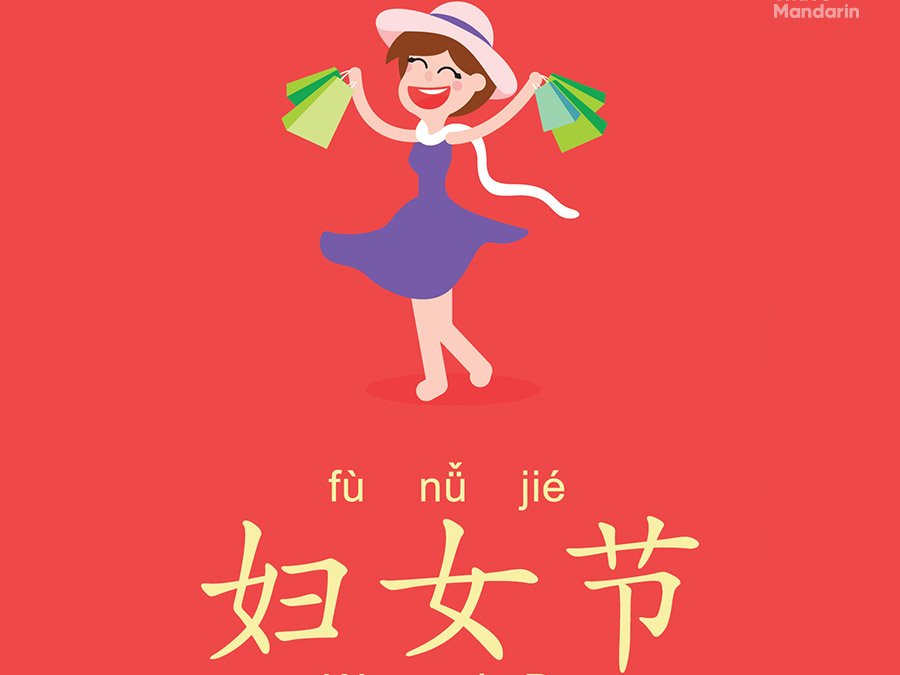
Simple Chinese sentence structure
When Chinese learners are making sentences, they sometimes have problems with the unfamiliar sentence structure. As a beginner, learning these four structures by heart will help you avoid committing grammatical mistakes when creating simple Chinese sentences: Structure No.1: subject + verb + object English I am going to school. Chinese (Pinyin) wǒ qù xué xiào。 […]
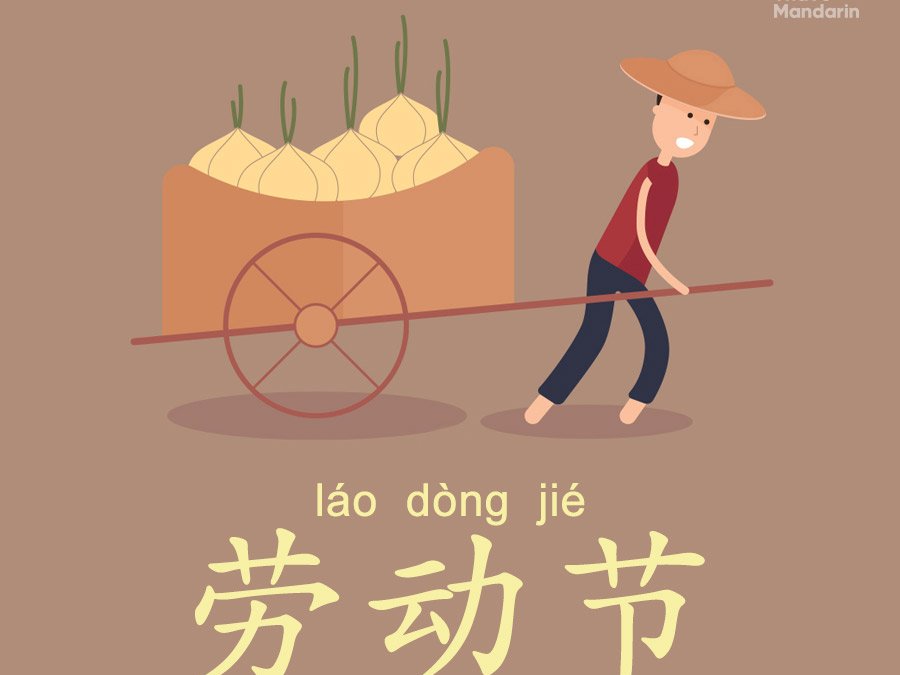
How to ask basic questions in Chinese
Many Chinese learners are told that “ma(吗)” is used at the end to form a question. However, this statement is not always correct even when creating basic questions. “Ma(吗)” needs to be added at the end of a yes-no question only. For questions like “Where are you?”, “What time is it?”, there is no need […]
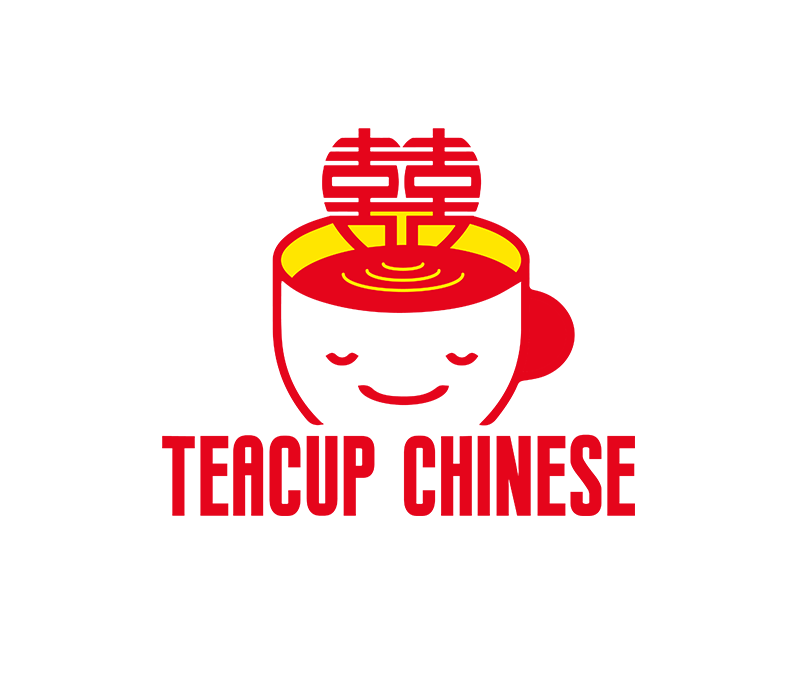
When to use hé (和)
The Chinese word “hé(和)” is another basic, but important word which is often misused by Chinese learners. Although its equivalent meaning in English is indeed “and”, when it comes to the usage of this word, we need to get rid of our “English way of thinking”. In English, the word “and” can connect nouns, adjectives, […]

Chinese “to be”, 是 (shì)
One of the first verbs that beginners encounter on their Chinese-learning journey is the verb “to be”, which is pronounced as “shì(是)”. It is equivalent to “am, is, are” in the present tense and “was, were” in the future tense. However, you should not use “shì 是” in the same way you use it in […]







